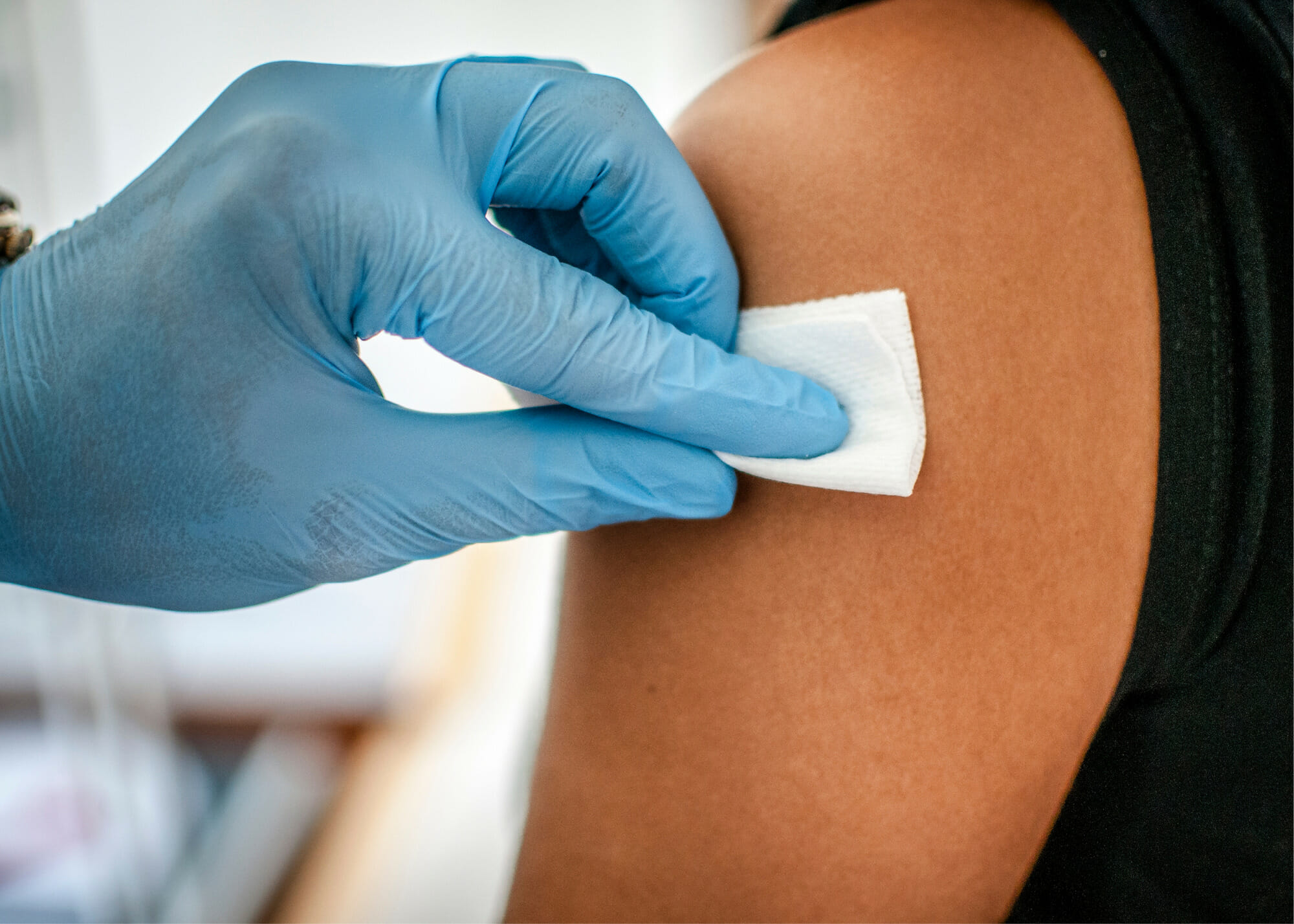
For moderate to severe immunocompromised, here’s where to get third vaccine dose in Juneau
People who are moderately to severely immunocompromised should receive an additional dose of mRNA COVID-19 vaccine after the initial two doses to ensure adequate protection against COVID-19, as recommended by the CDC. The additional dose should take place at least 28 days after a second dose of the Pfizer COVID-19 vaccine or Moderna vaccine.
In Juneau, people with moderately to severely compromised immune systems can get a third dose of the Pfizer or Moderna vaccines at the following locations:
- Capstone Clinic at Juneau International Airport offers Pfizer and Moderna (walk-in or by appointment at alaska.covidsecureapp.com)
- Costco Pharmacy offers Moderna (walk-in or by appointment)
- Fred Meyer Pharmacy offers Moderna (walk-in or by appointment)
- Genoa Healthcare offers Pfizer (by appointment)
- Juneau Public Health Center offers Pfizer (walk-in on Thursdays or by appointment)
- Juneau Urgent & Family Care offers Pfizer and Moderna (walk-in or by appointment)
- Safeway Pharmacy offers Moderna (walk-in only)
- SEARHC Ethel Lund Medical Center offers Pfizer and Moderna (by appointment)
Go to Juneau.org/vaccine to make an appointment and to learn more.
This third dose of Pfizer or Moderna mRNA vaccines is applicable only to people whose immune systems are moderately to severely compromised. This does not currently include people who have received the Johnson & Johnson vaccine. If you’re unsure about whether you should be getting an additional dose of mRNA vaccine, talk to your health care provider.
CDC’s recommendation for a three-dose primary mRNA vaccine series for immunocompromised individuals was based on studies showing that many immunocompromised people are unable to mount a robust enough immune response after the initial two-dose primary mRNA vaccine series is completed. The additional dose reinforces and helps build the immune response to provide an acceptable level of effectiveness against a potential COVID-19 infection.
Moderately to severely immunocompromised individuals include people who have:
- Been receiving active cancer treatment for tumors or cancers of the blood
- Received an organ transplant and are taking medicine to suppress the immune system
- Received a stem cell transplant within the last 2 years or are taking medicine to suppress the immune system
- Moderate or severe primary immunodeficiency (such as DiGeorge syndrome, Wiskott-Aldrich syndrome)
- Advanced or untreated HIV infection
- Active treatment with high-dose corticosteroids or other drugs that may suppress the immune response
